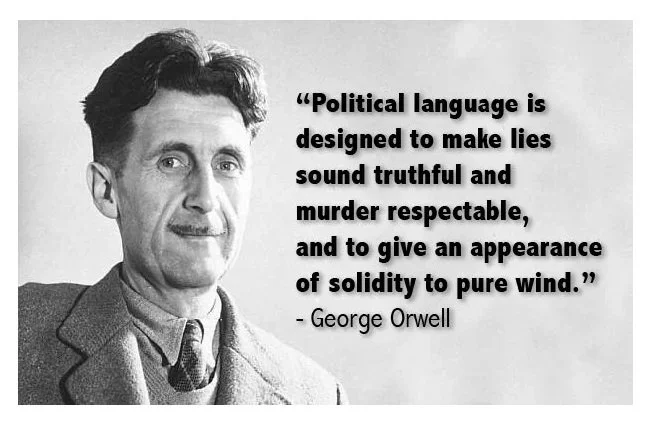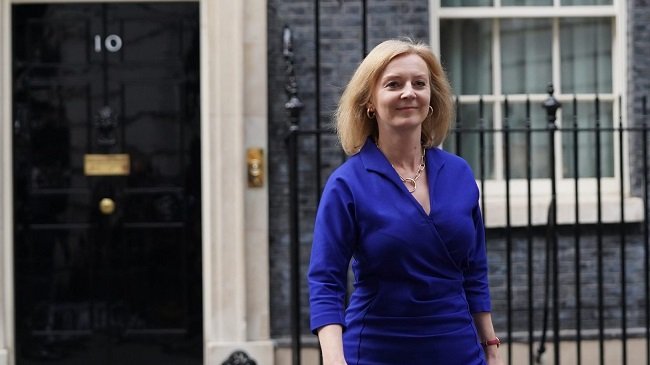The Importance of Voting in the December 12th 2019 UK General Election
The UK is having a General Election on Thursday, December 12th. The third in five years. Due to the current volatile state of national politics, existing party loyalties are not in anyway guaranteed. The European Election in May of this year showed that many of the UK electorate where voting tactically. Furthermore the shadow of Brexit looms ominously over the forthcoming General Election and will further impact upon existing voting patterns. Simply put, this is an election unlike others we’ve seen in recent times. The outcome will have far reaching consequences. If there is a majority Conservative government, then the UK will leave the EU with the current deal. Trade negotiations will ensue and the country will face a period of transition. There is also scope that the deal on offer is rejected by hard-line Conservative MPs and there could be a “No Deal Brexit”. Alternatively, a majority Labour government could lead to a second referendum on both leaving the EU and Scottish Independence. A hung parliament should also not be ruled out, leading to potential coalitions or a National Unity Government.
Voting in December’s General Election is therefore very important. The next parliament will shape the United Kingdom’s long-term social and economic future as well as our relationship with the rest of the world. Yet research by the Electoral Commission has found that 17% of eligible voters in Great Britain, as many as 9.4 million people, are either missing from the electoral register or not registered at their current address. Major errors affect up to 5.6 million people. The Commission also highlighted substantial differences in registration levels between younger people, renters, low-income and black and ethnic minority people, compared with older white people who own their homes. Furthermore, analysis clearly shows that older and wealthier members of the electorate are far more likely to go out to the polling stations to vote or utilise the postal ballot service.
Earlier this year, voter ID was made compulsory in 10 voting districts despite voter impersonation making up just 3% of all alleged electoral offences at the previous local election. This experiment could become a national policy in the UK under a Conservative government. Presented as a means to tackle voter fraud, it has been seen by some as a deliberate way to disenfranchise specific groups of voters. Voters who are perceived not to be traditional Conservative Party supporters. The two specific types of personal ID required are a current UK Driver’s License or a UK Passport. Both of which have a significant cost associated with them and are statistically not so commonly held by certain socioeconomic groups in the UK. The same socioeconomic group that also tends not to vote regularly in elections and who are usually identified by pollsters as “leaning” towards the Labour Party.
The UK has an electorate of 46,843,896. The turnout in the 2017 General Election was 68.7%. However, 14,662,139 registered voters did not participate and chose not to vote. To put this significant number into context, the amount of uncast ballots is greater than the number of votes that any single party received. 13,636,684 people voted for the Conservative Party. 12,877,918 voted for the Labour Party. Simply put if these members of the electorate decide to vote in the forthcoming General Election it could significantly change the outcome. Since the 2016 EU Referendum, the UK electorate has become increasingly politically engaged. Current data doesn’t reflect to what level or how well-informed voters are but certainly people are more disposed towards adopting a political stance and acting upon it. Perhaps polling day on December 12th will have a larger turnout than usual, despite the time of the year. Or will voter apathy play a major role? If you wish to vote in the General Election then you must register by 11:59pm on 26th November.




























